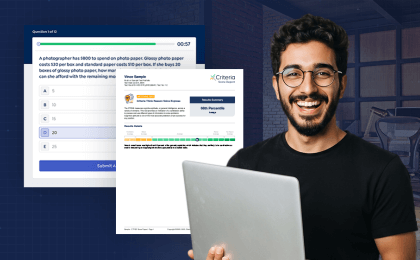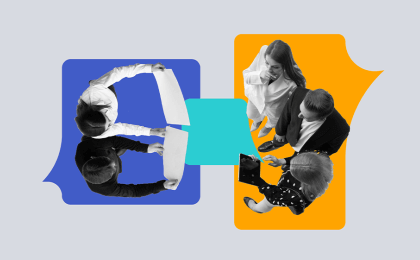Last summer we reacted to an interview with Laszlo Bock at Google who seemed to say that test scores and grades were useless predictors for hiring decisions. We said that what constitutes information for hiring purposes at Google may well differ from what constitutes information for hiring elsewhere, and we pointed out that validating a selection tool after it has been used, and only for those who were selected will typically yield lower estimates of the usefulness of that tool.
This week, in a widely read New York Times column, we get a more elaborated answer about Google's hiring goals. What do they look for? Number 1, says Mr. Bock, is cognitive ability. Although Bock is quick to distinguish this from IQ - he sees it as demonstrating an ability to learn quickly - the fluid intelligence he's trying to evaluate likely correlates well with traditional clinical, academic, and business-oriented measures of cognitive ability. Bock is also looking for leadership and a sense of responsibility.
In short, Google is largely looking for the same things that organizational psychologists have been telling us for decades to predict job performance: cognitive aptitude is a valid, reliable, and strongly predictive indicator of future job performance.
For any given selection process, those making decisions want predictive information. What constitutes predictive information will vary from setting to setting. For a company like Google, the composition of the applicant pool and the nature of the workplace might mean that certain traditional sources of information are less useful, and Google has the resources to invent a new, tailored interview process to gather new information. However, the underlying constructs they are looking at - cognitive ability and conscientiousness - are ones that pre-employment assessments have been highlighting for some time. Every organization must also deal with its own costs - what are the consequences of hiring the wrong person? What are the consequences of failing to hire a qualified person? We mostly think about the cost of hiring the wrong person (false positives), but there is also a cost to missing a diamond. Facebook paid $19 billion to buy what Brian Acton built (WhatsApp) 4 years after they didn't hire him.
But even if they go about it differently, all companies are trying to maximize the information they have about the cognitive ability and character of the people they hire.





